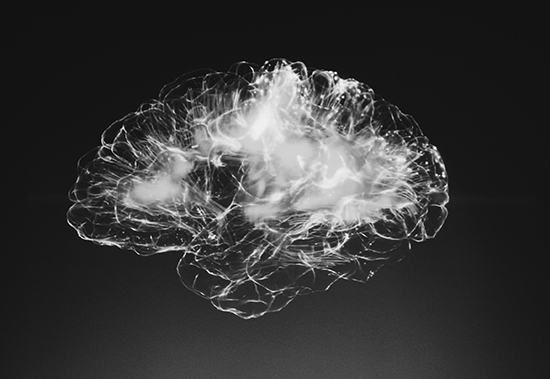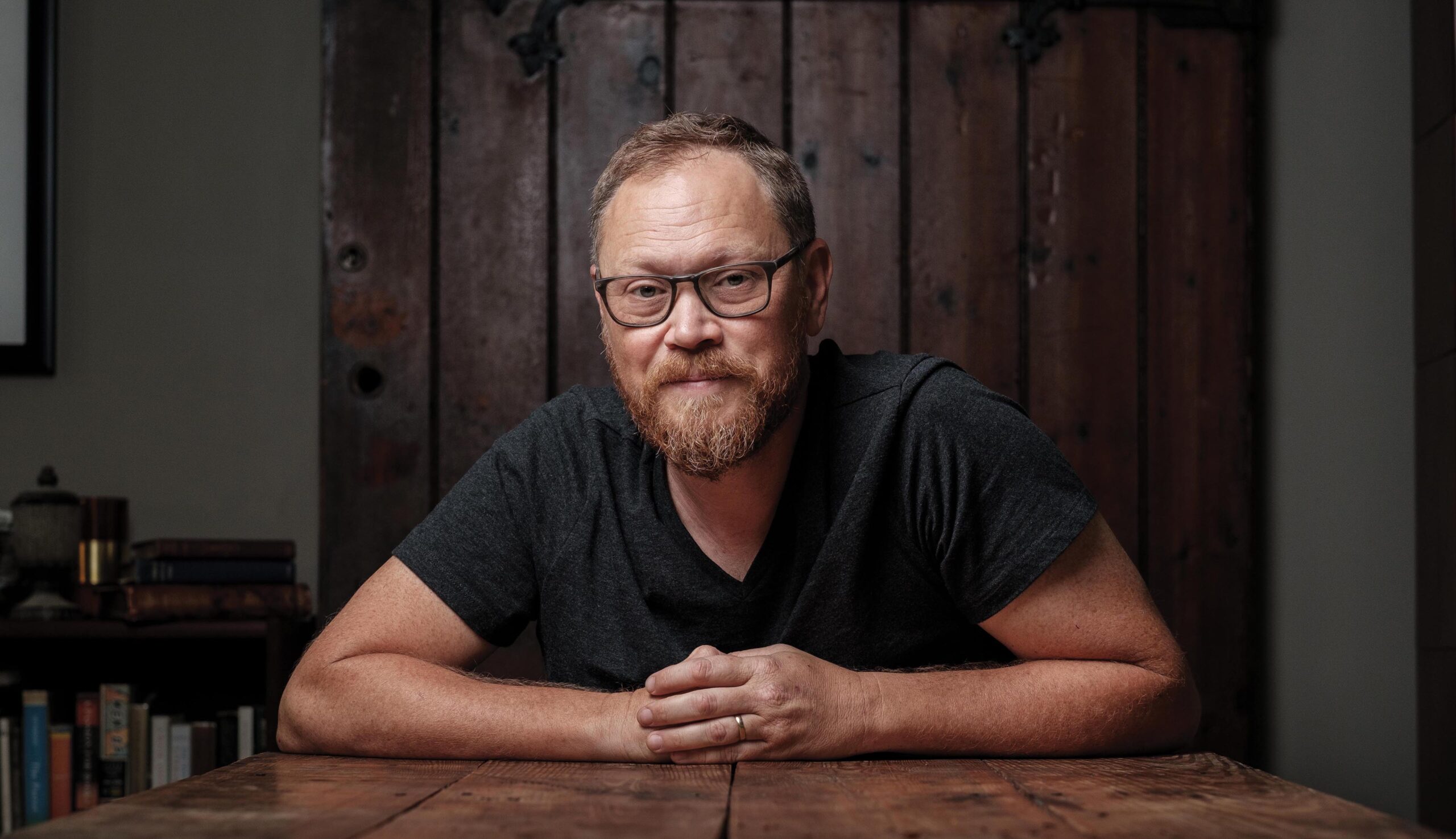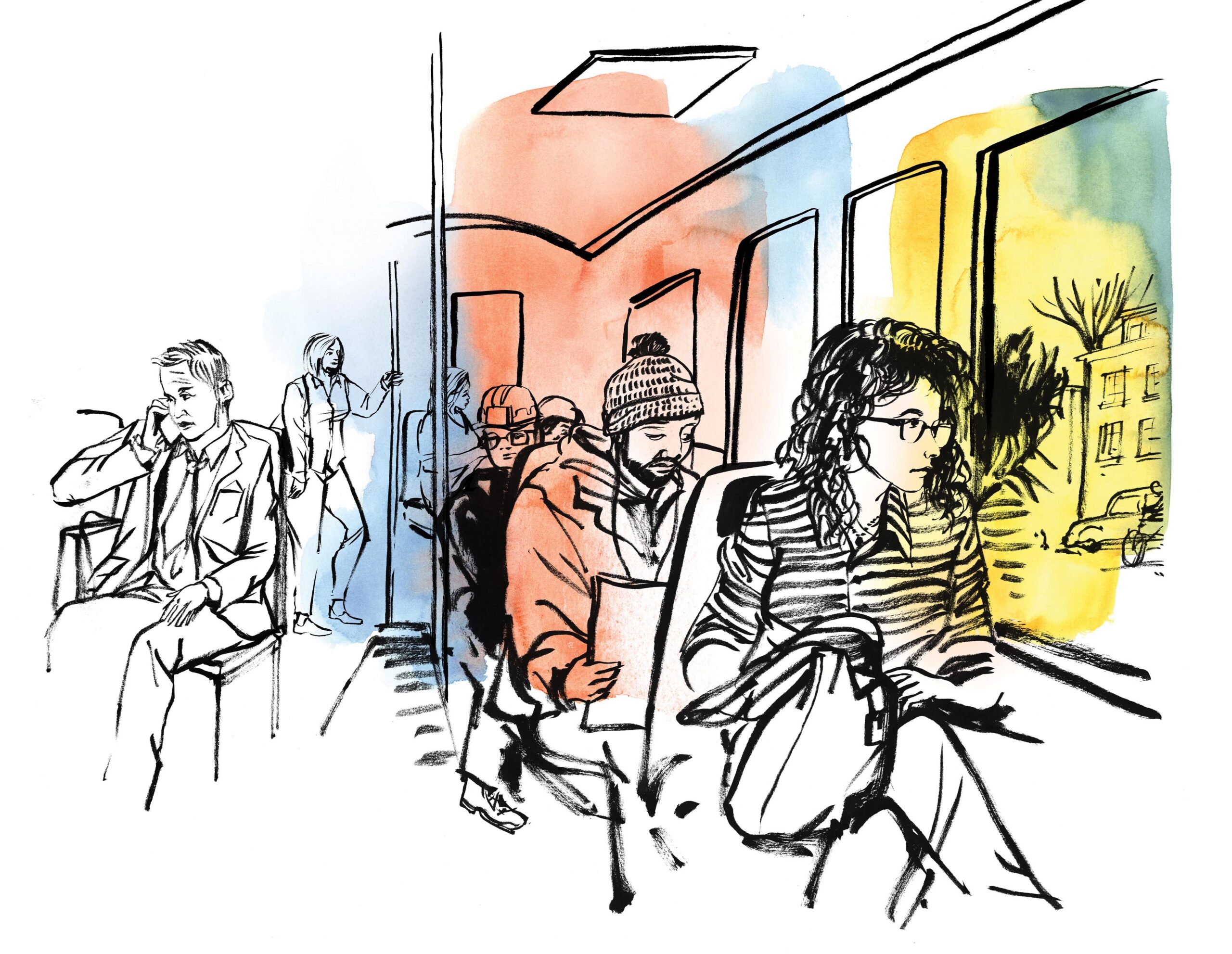You and Christian Smith published Divided by Faith before Trayvon Martin, before Ferguson, before the Black Lives Matter movement, before “white evangelical” became a stand-in for “Trump voter.” Are we at a substantially different place in 2020 than we were in 2000?
With colleagues, I am in the midst of a national study following up on Divided by Faith 20 years later. We have conducted the nation’s largest ever study of religion and race. Are we still divided by faith? Our results show clearly we are. More troubling, we are more divided now than 20 years ago. And just as in Divided by Faith, it is Christians who are the most divided racially, rather than the larger public.
You argue that white evangelicals, despite good intentions, actually do more to perpetuate racialized society than to reduce it. How?
White evangelicals work with three specific cultural tools in our toolbox, the tools we use when interpreting life and the tools we use for living. The use of these specific tools divides.
White evangelicals, more than other whites, and far more than Christians of other racial groups, are first and foremost accountable freewill individualists. That is, we take for granted that the world is composed of individuals, individuals who have been given by God the freewill to make choices.
The second tool is relationalism. Because individuals are the center and fundamental building block, white evangelicals view social life as occurring via individual relationships.
The third cultural tool is anti-structuralism. White evangelicals believe anything beyond individuals and relationships is misguided, wrong, facades, and will not lead to long-term positive outcomes.
But here is the problem as white evangelicals attempt to address the race problem. Racial division and inequality were codified and systematized. They were and are established and maintained through laws, rulings, and enforcement that created and maintain a racial hierarchy.
You point specifically to “free market principles” as one of the areas where white Christians can undermine reconciliation efforts. Why?
Free market principles are amazing economic generators. But to take something developed for economics and apply them to the church and faith quickly leads us astray. Churches go from providing what people need, to what they want. And what people want is to worship with people very much like themselves. And what white evangelicals want is to not talk about race or justice. They want to talk about love and how God is there for them.
The end result? By applying free market principles to how we do religion, we end up with deeply divided congregations, by race, class, and so much more. We end up with a faith that loses all its prophetic edge.





